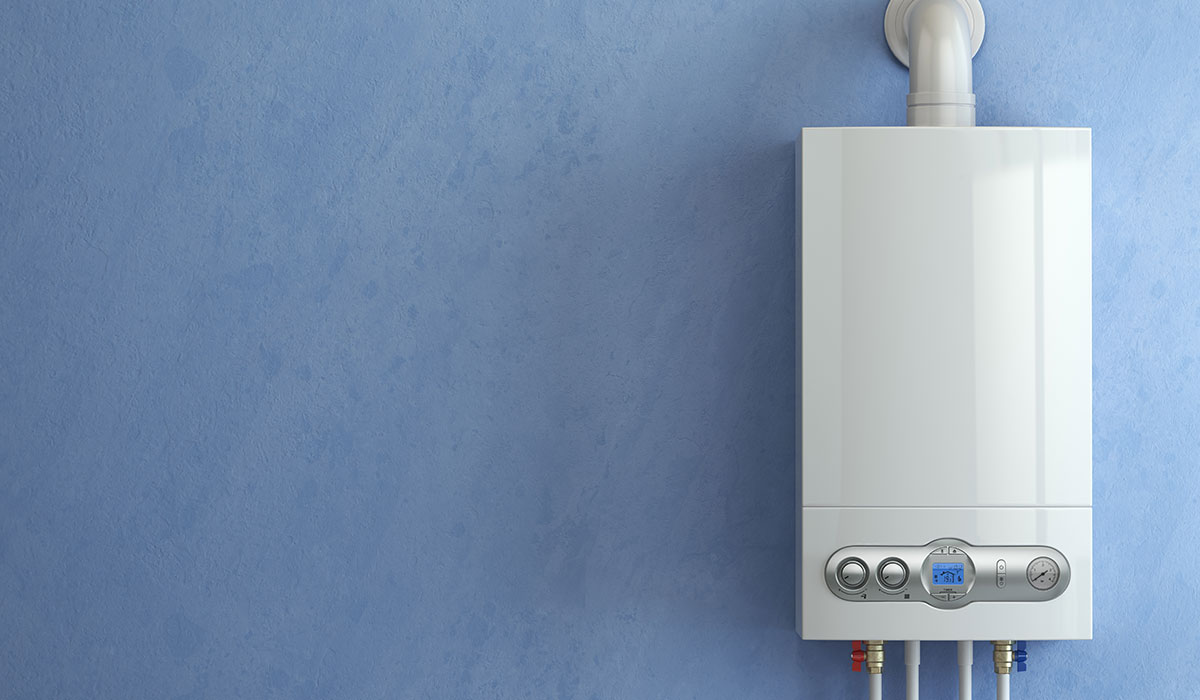In the search for efficient and environmentally friendly heating systems, the comparison between aerothermal and conventional gas boilers becomes crucial for homeowners. Both options have their advantages and disadvantages, but which is best for your home? In this comparison, we will analyze the efficiency, cost and sustainability of both technologies.
Energy Efficiency
Aerothermics, a system that harnesses the energy contained in the outside air for heating, offers remarkably high energy efficiency. By using a free, renewable energy source, it can achieve a coefficient of performance (COP) of up to 4, which means that for every unit of electrical energy consumed, it provides four units of heat.
On the other hand, conventional gas boilers burn fossil fuels to generate heat, resulting in energy losses and greenhouse gas emissions. Although modern boilers have improved their efficiency, they rarely exceed 90% efficiency.
Long-Term Costs
While the initial installation of an aerothermal system may be more expensive than a gas boiler, the long-term operating costs are usually considerably lower. With lower electrical energy consumption and a longer service life, aerothermal can offer significant savings on heating bills over time.
In contrast, gas boilers depend on a constant supply of fuel, the prices of which can fluctuate. In addition, maintenance and repair of gas boilers can represent additional costs over their lifetime.
Environmental Impact
From an environmental perspective, aerothermal energy is clearly superior to conventional gas boilers. By harnessing a renewable energy source and generating no direct CO2 emissions during operation, aerothermal helps reduce a household’s carbon footprint and contributes to the fight against climate change.
In contrast, gas boilers emit carbon dioxide and other atmospheric pollutants, which contribute to air pollution and global warming.
Final Considerations
In summary, if you are looking for an efficient, economical and environmentally friendly heating solution, aerothermal energy emerges as the preferred option. Although the initial investment may be higher, the long-term savings in operating costs and reduced environmental impact more than offset this difference.
However, conventional gas boilers can still be a viable option in certain circumstances, especially in areas where natural gas supply is abundant and economical, or in homes where installation of an aerothermal heat pump is not feasible due to spatial or structural constraints.
Ultimately, the choice between the efficiency of aerothermal and the familiarity of gas boilers will depend on the specific needs of each household, its geographic location and its commitment to environmental sustainability.
